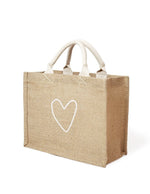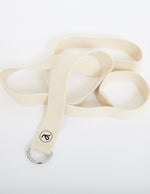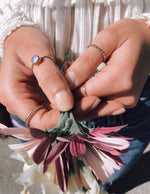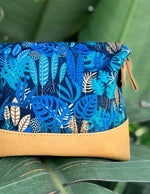
Whether you have a meticulous three-step skincare routine or struggle to even wash your face, we have some bad news for you about those makeup brushes. Yep, you guessed it - turns out they need a good scrub too. Your makeup kit could be a breeding ground for bacteria and while this may not be the info you want to hear, a dirty makeup brush, a loaded with grime lash curler, and all those mascara wands could all contribute to your next breakout.
So, is it time to throw out your whole makeup bag thanks to years of caked-on powder products or is there a way to save the day? Take a look at this guide on how to sanitize makeup brushes and why cleaning makeup brushes should definitely be on your to-do list.
The Most Commonly Found Bacteria in Makeup Products

Ok, take a deep breath as we plunge into the science behind the most common forms of bacteria that could be hanging out in your synthetic brushes and makeup sponge. Don't worry afterwards we will guide you through the best ways to embrace makeup sanitation and how to bring that trusty make up tool back to life.
For all those who have been skipping out and choosing not to clean your brushes, this study from the Society for Applied Microbiology may be what you need to change your mind. Doing a deep dive into a makeup bag and checking everything from liquid foundation to eyeshadow, lip gloss, pressed powder and eyeliner pencil showed significant levels of contamination in products that had been used. The following paragraph of findings helps to illuminate exactly what was found stashed inside.

Here's a general roundup of the possible hidden bacteria that could be lurking beneath your bristles...
- Remains of mites
- Staphylococcus
- Streptococcus
- E-Coli
- Fungi
While it all sounds pretty horrifying, these mites, bacteria, and germs aren't necessarily going to cause your health any harm but they can stress out the skin and lead to irritation and breakouts. Plus, it's also best to try and adopt lifestyle habits that keep you healthy and clean. Let's dive beneath the surface and sort out exactly how to clean each item commonly found in your makeup case.
What You Need to Sanitize Your Makeup

How to Sanitize...
Lipstick
Lipsticks won't do well with hot water so it's not like you can pop your cherry red into the washing machine. Instead, grab a spray bottle of isopropyl alcohol and give your solid makeup pieces a spritz. You want rubbing alcohol that is as pure as can be (AKA no added fragrance or ingredients) as this reduces the chance of irritating what may already be in the product.
Pencils and Sharpeners
There's an easy way to remove the grimy top layer of your pencil and that's by simply using a sharpener to take it down to a lower and cleaner layer. But don't stop there - another quick spritz of alcohol or a gentle rub with a sanitizing wipe will bring your eyebrow pencil back from the brink.
Mascara
We all know that mascara is one makeup tool that can truly get clumpy and gross and of course - gluey and clumpy lashes are far from what you want in that delicate eye area. The best way to clean your mascara wand is to dip it in a cup or shot glass of hot water to loosen those old dried clumps. Leave it for five minutes and then change the water and do it again until the water stops clouding overall black and grey. If your mascara is waterproof you can use an eye makeup remover in the cup instead. Another method is to use antibacterial soap in your hand and scrub down the mascara brush head. You can also use a cotton swab to clean the ends and the threads of your mascara tube too. To save a nasty build up and continually dirty brush you can clean your mascara after every use.
Powders and Palettes
When dealing with powders or your eyeshadow palette, you can scrape off the top layer as best you can or even just a quick spritz of alcohol will also do the job. As powders tend not to contain water there is a lower risk of cross-contamination, but its always better to be safe than sorry when dealing with a potential bacteria build-up.
Brushes
The American Academy of Dermatology recommends that you should be washing your makeup brushes every day. If you haven't washed them down in months, don't blush, it's better late than never. Cleaning brushes isn't too tricky, you can even make your own brush cleaning solution with a little dish soap and olive oil. The soap will kill off bacteria and the oil will soften your bristles again. Simply swirl your brush in the mixture in a circular motion and back and forth and wipe excess face powders off on a paper towel. Make sure to rinse with warm water afterwards. Rubbing alcohol or a simple solution of water and vinegar can also work on all kinds of brushes.
Liquid or Cream Foundation
When it comes to liquid or cream products, a little tip for keeping them clean and bacteria-free is to add a drop of rubbing alcohol either to the bottle or when you have the cream or liquid on the back of your hands. Be sure to give it a moment so the alcohol can dry before applying it to your face with fingers or whatever beauty blender tool you use.
7 Makeup Cleaning Tips For A Bacteria-Free Beauty Routine

1. Clean Brushes Every Week
If you want to avoid a glut of bacteria it's probably easier to give your brushes a clean each week. While a professional makeup artist would clean their brushes each week, you can totally get away with once a week in an effort to make your brushes last longer. Whether using antibacterial hand soap or a simple brush cleanser, clean makeup brushes make for happy skin.
2. Don't Share Makeup
Sigh. Gone are the days when as teenagers we would unflinchingly dunk our fingers into someone else's foundation or share mascara with a million strangers in a random club bathroom. If you want to keep your makeup habits hygienic and free from germs, make sure that you stick to your own bag. Also, general hygiene applies when it comes to applying makeup - wash your hands (or at least use a little hand sanitizer).
3. Use a Spatula
Sometimes we forget to wash our hands and each time we dig a finger into our liquid makeups or moisturizer we could be contributing to cross-contamination. To save yourself a whole host of potential germs, simply invest in a makeup spatula and use this instead. Not only will a spatula be so much easier to keep clean but they are relatively inexpensive and can be used time and time again.
4. Don't Forget Your Other Tools
While we are busy with our spray bottle dish soap and getting a clean brush, let's not forget the other tools we use when it comes to makeup application. Yes, even our eyelash curler could do with a clean and that cotton round could use a spray down too. Also, don't forget that your makeup bag also needs a regular clean too - depending on the material that can be popped into the washing machine.
5. Pick the Right Environment
Speaking of your makeup bag you also want to think about where you leave your makeup in general. Leaving the stray makeup product on a shelf is one thing, but overall, your products should be tucked safely away someplace where they are less likely to pick up contamination. Bathrooms may seem like the best place to keep makeup but if it's a steamy environment it can encourage mold and mildew which isn't great for makeup.
6. Don't Be Clingy
There's a fine line between trying to cut down on consumer habits and clinging onto makeup that may have seen better days. Know when it's time to toss out those old products. When your cream product has dried right up, your mascara has clumped, and even your eyelash curlers have seen better days. Anything past its sell-by date or anything with a weird and funky smell should be tossed.
7. Don’t Add Water and Dry Everything
While washing your makeup products and tools like brushes and mascara wands is important, you need to make sure that everything is dried properly with a clean towel and avoid adding water to any liquid products. Water can cause cross contamination and encourage bacteria to grow. Watering down your makeup can also dilute any preservatives that may have been added to the makeup.
What are your top tips for keeping your makeup tools and brushes as clean and sparkly as can be? Share with us in the comments.
You might also like:
- "Avoid Eye Area”...Which Products To Use Around Your Eyes
- 6 Best Beauty Subscription Boxes For Women That Are Worth It
- Skin Care Tips to Combat Face Covering Problems
- How To Make Hyaluronic Acid Serum at Home (Only 5 Ingredients)
- How to Help Your Skin Age Gracefully
- Feed Your Skin - Put This On Your Face (and save some for a snack)
- How to Bring a Golden Glow to Grey Winter Skin
- Don’t Put That On Your Skin! Which Beauty Ingredients to Avoid
- 3 Easy Ways to Make Homemade Rose Water From Rose Petals
















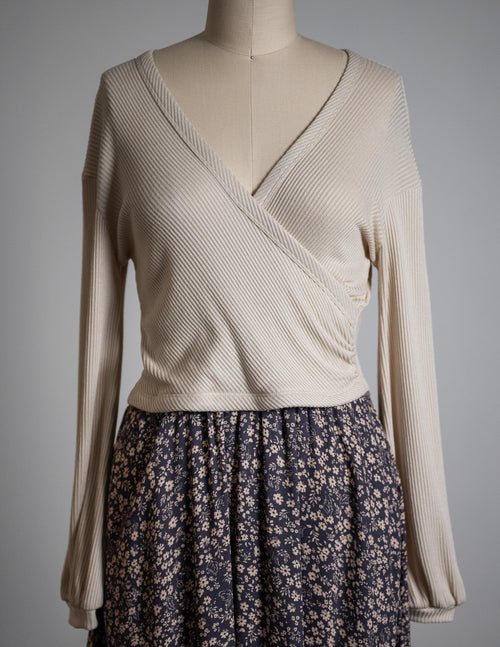
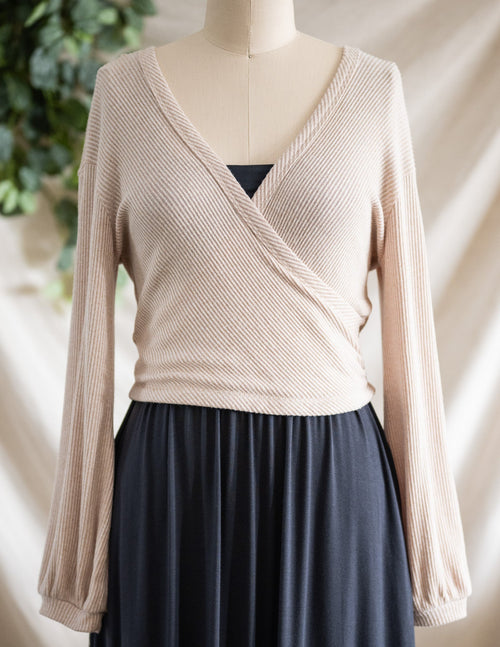

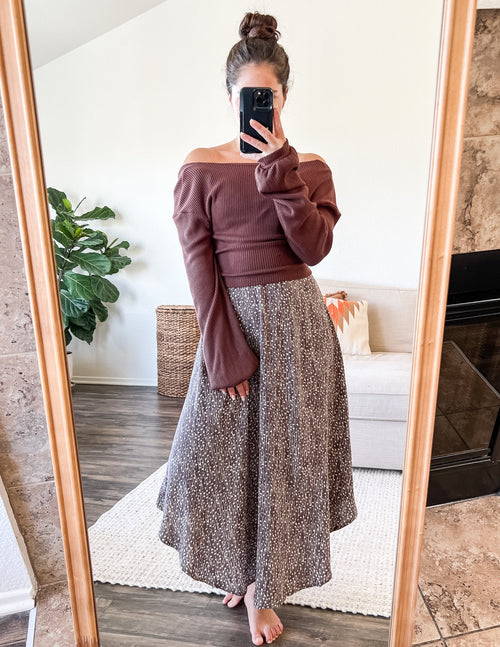
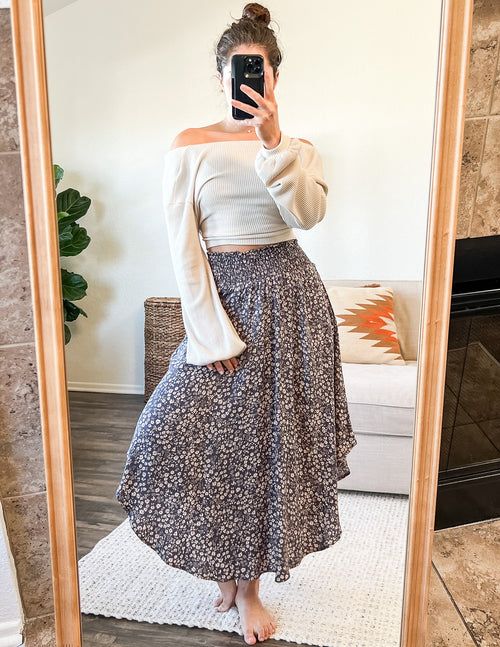
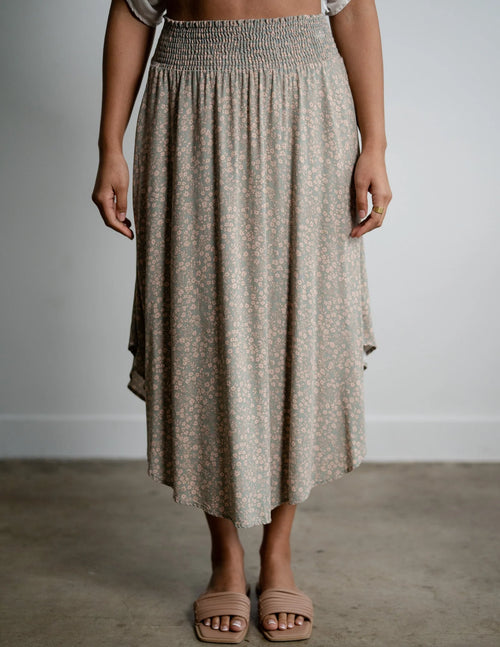
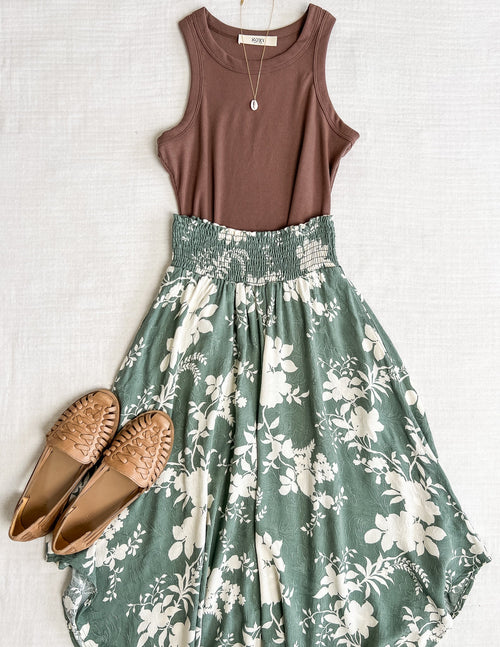
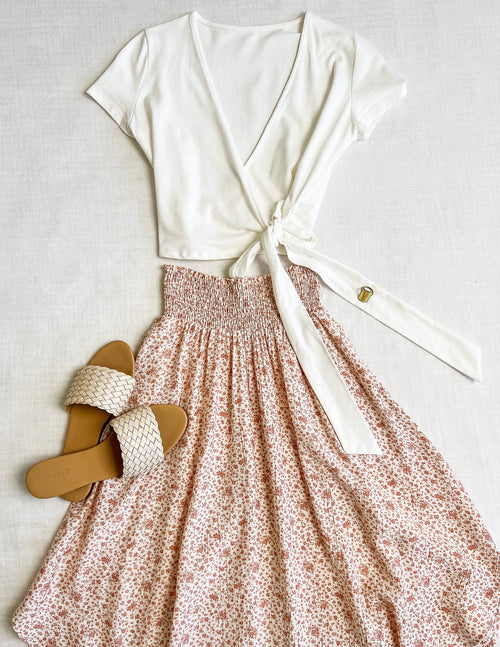

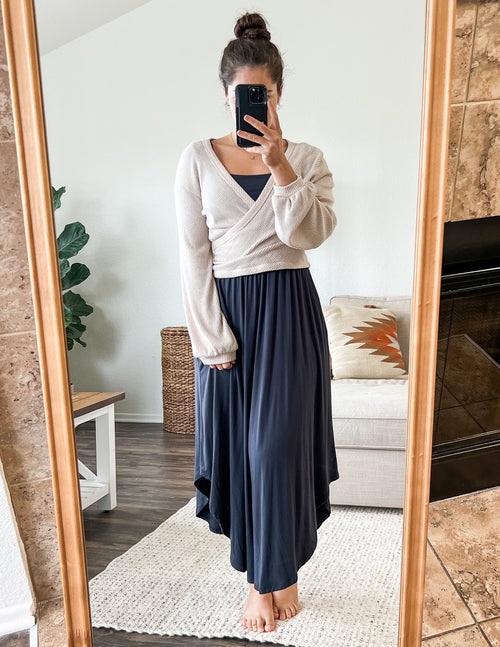
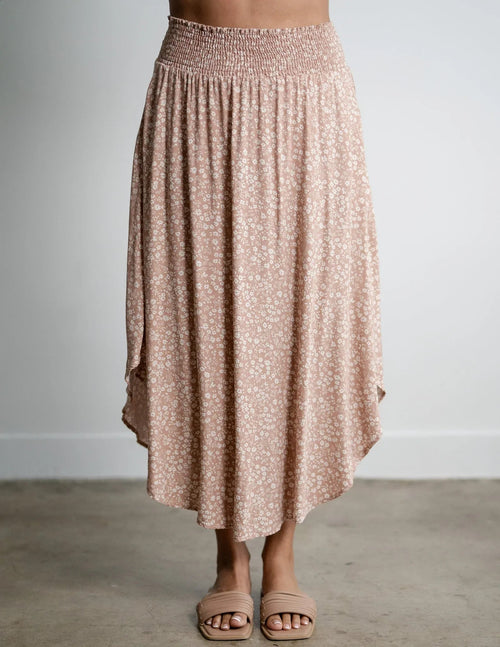

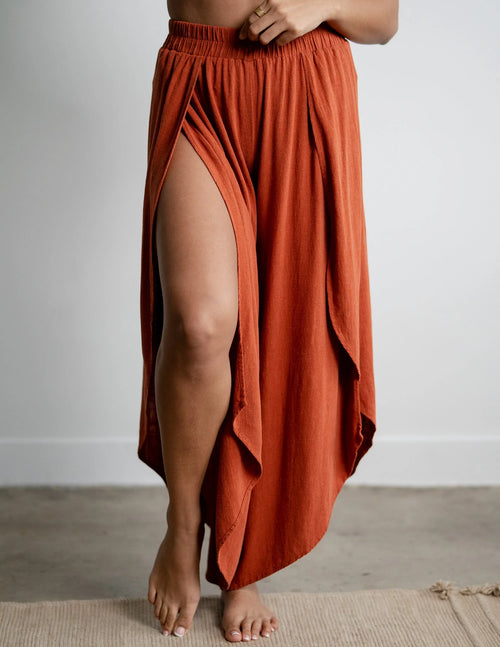
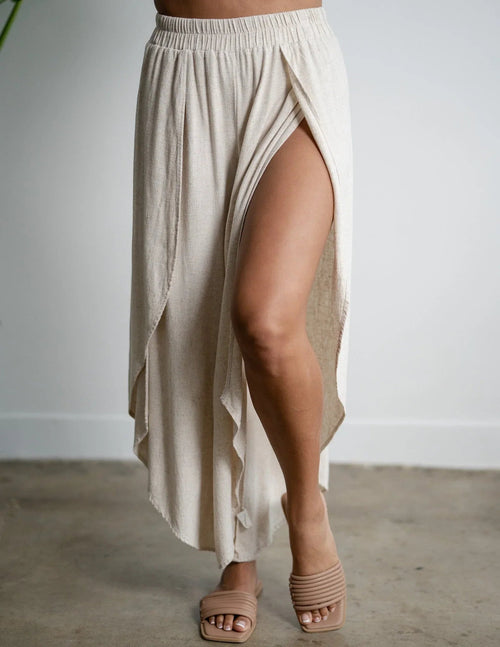
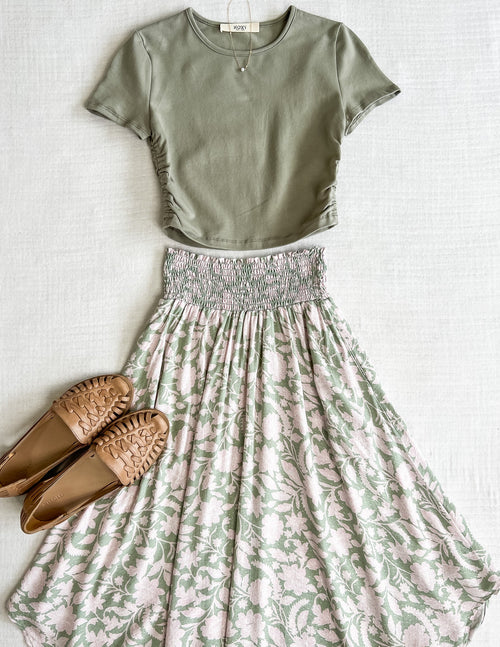
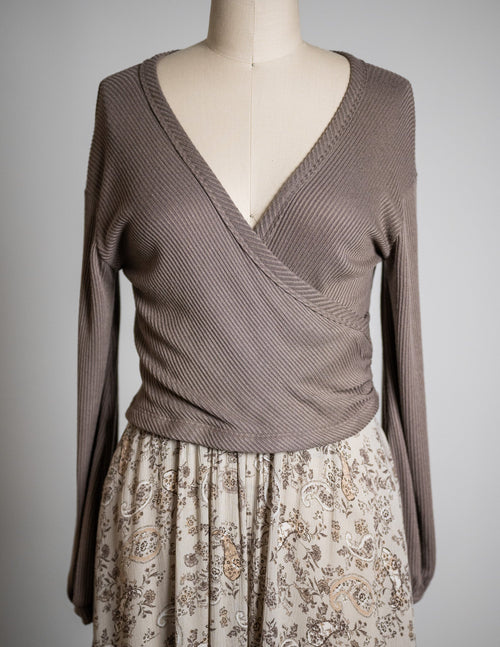
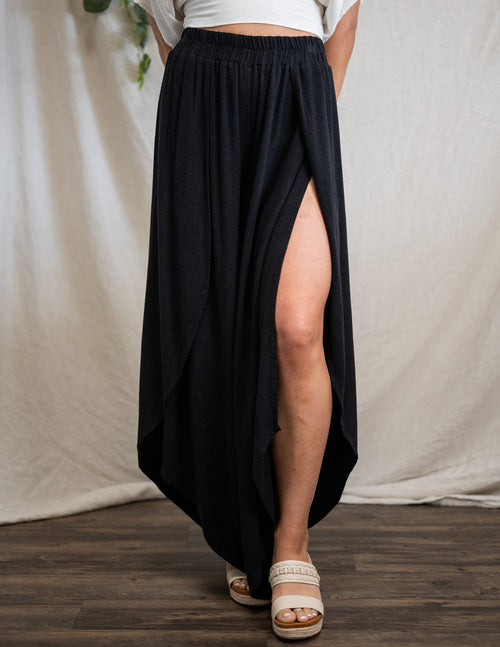
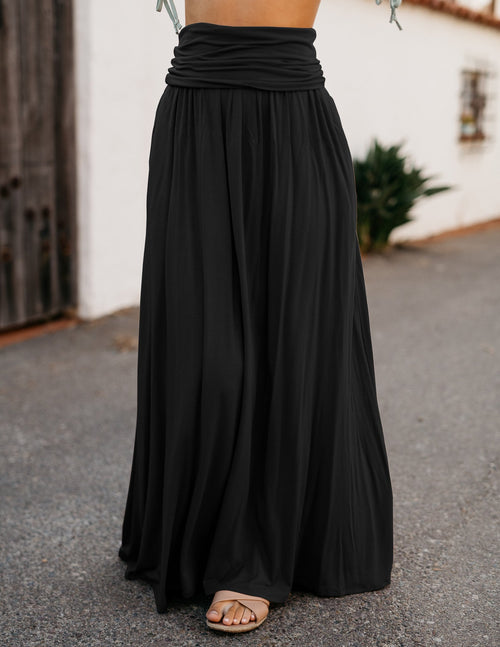

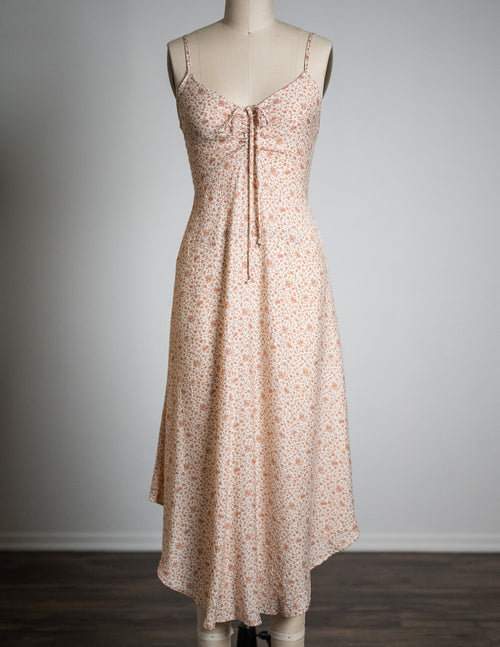

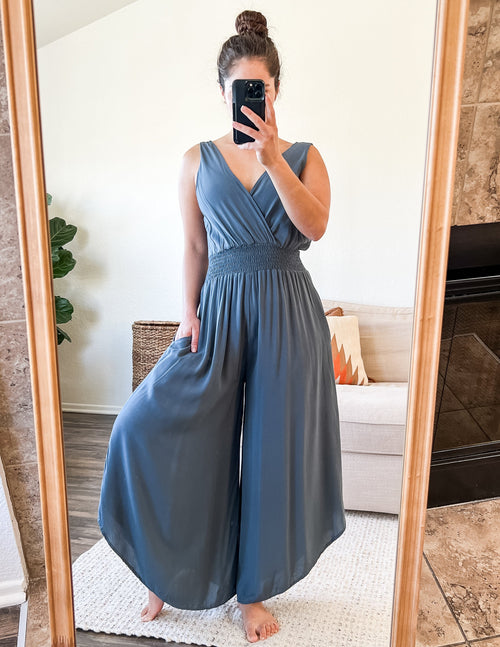

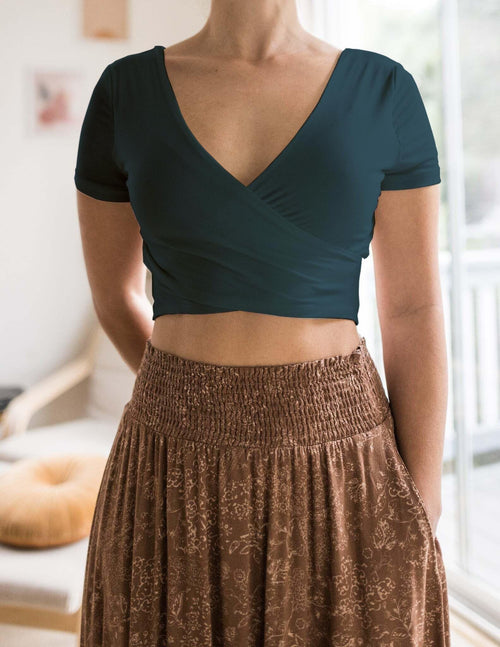
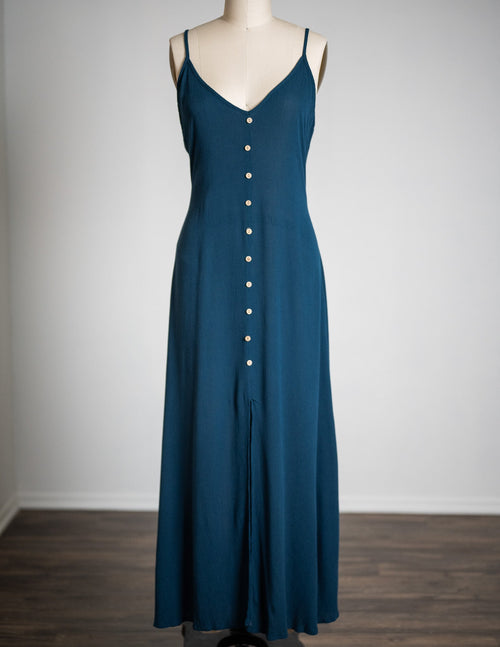
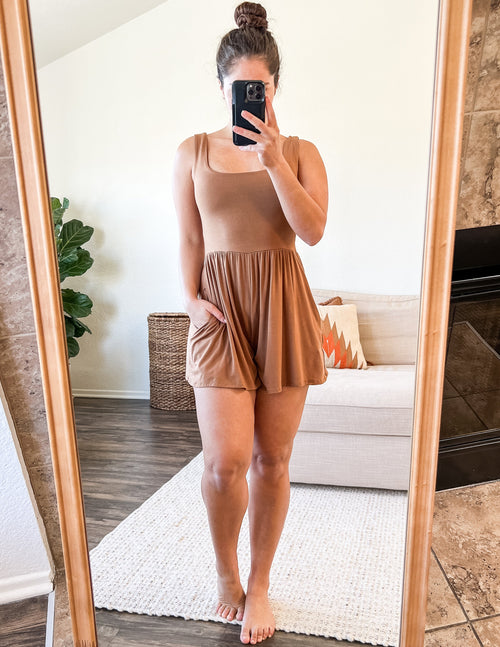
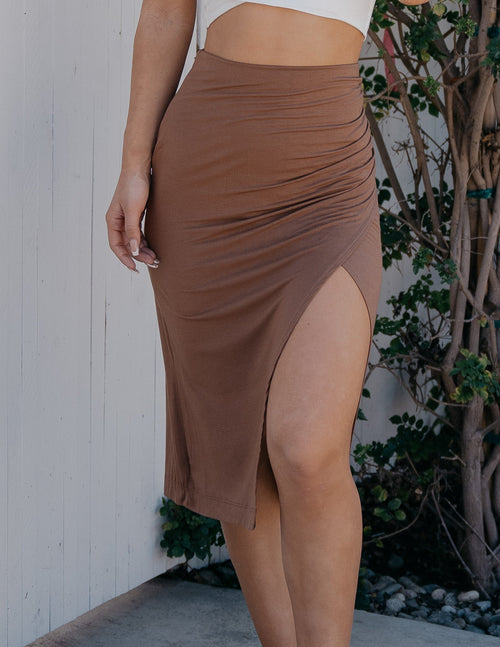


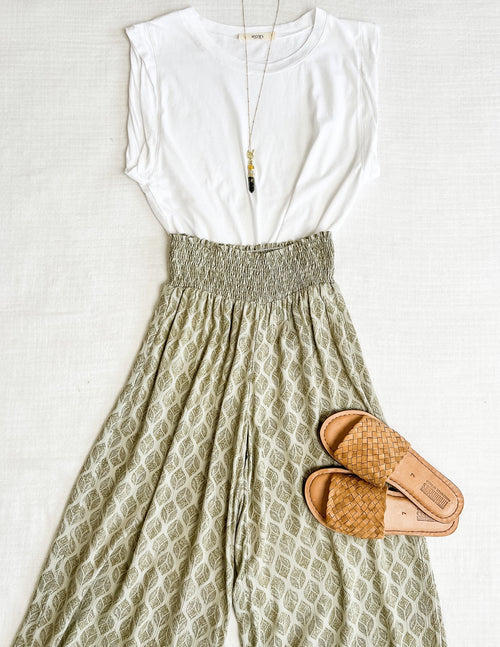
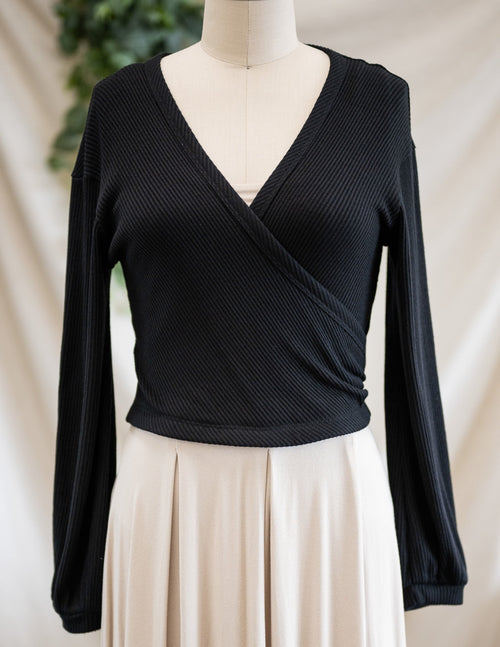
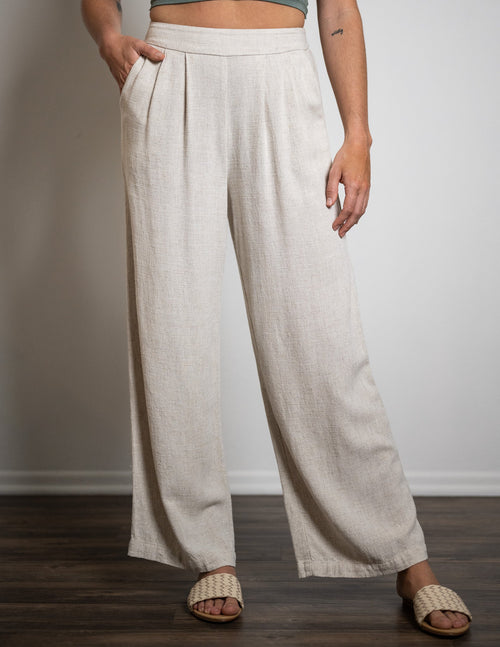
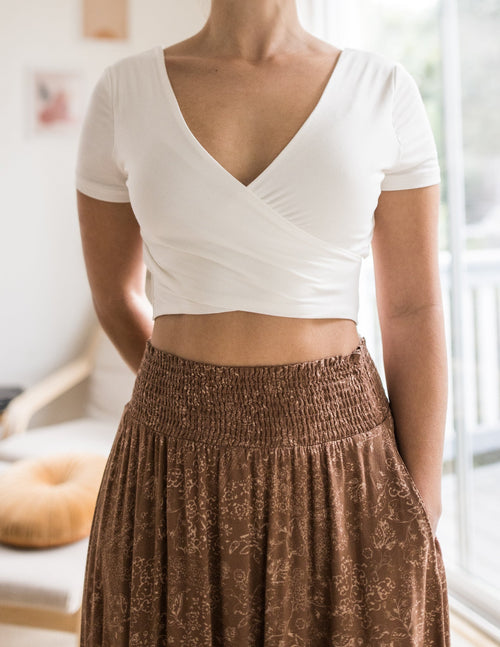
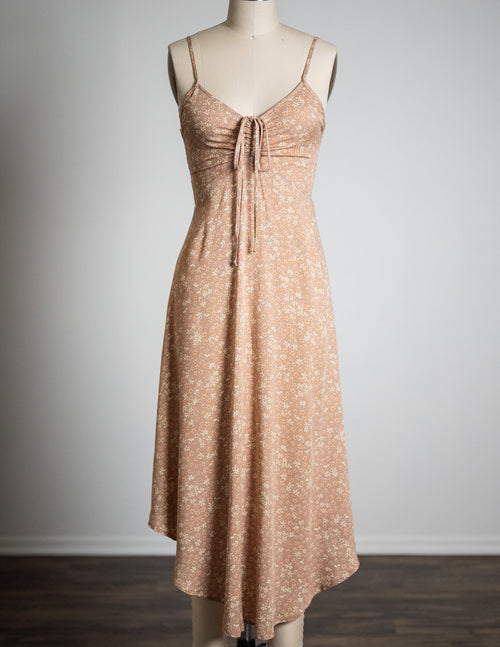
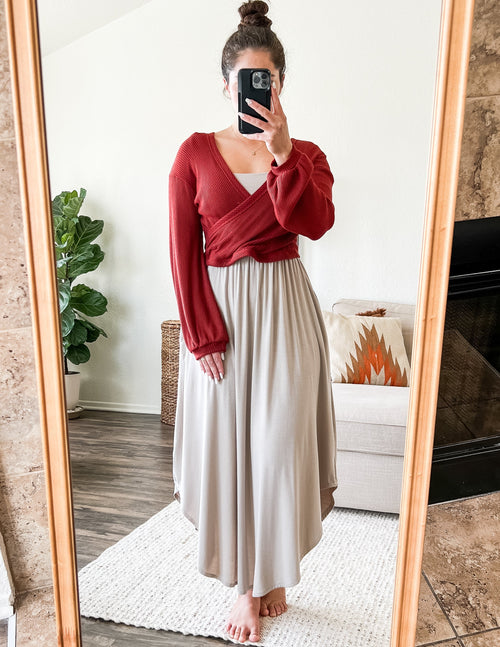
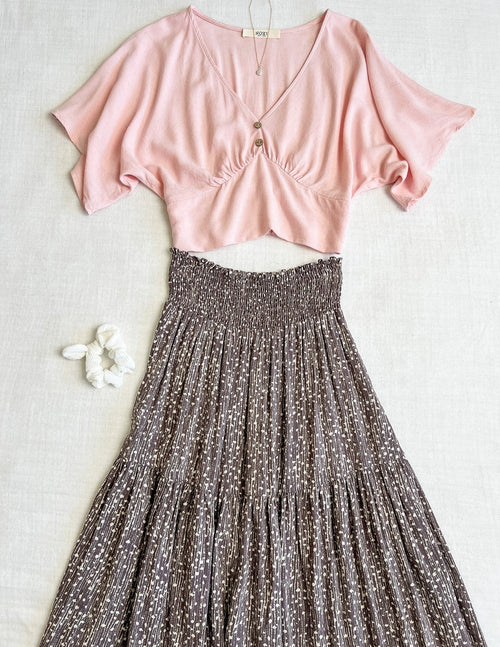
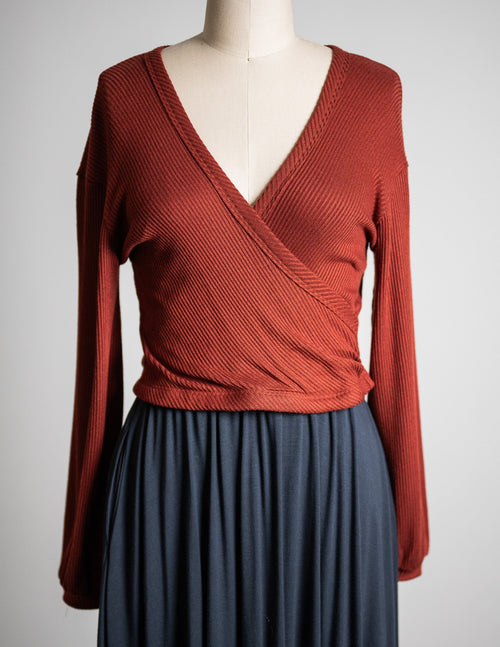
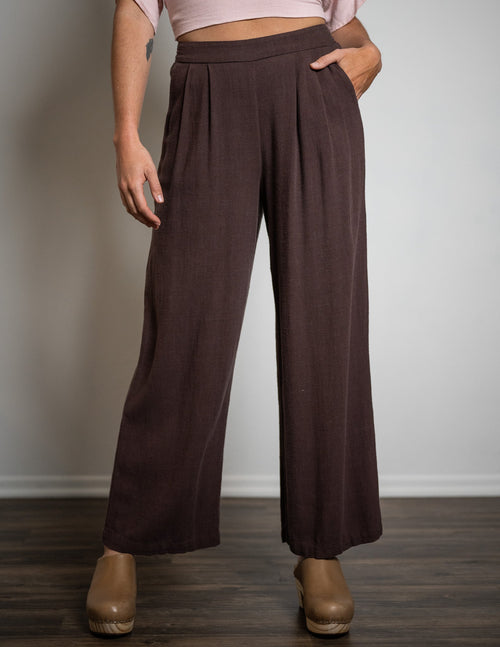
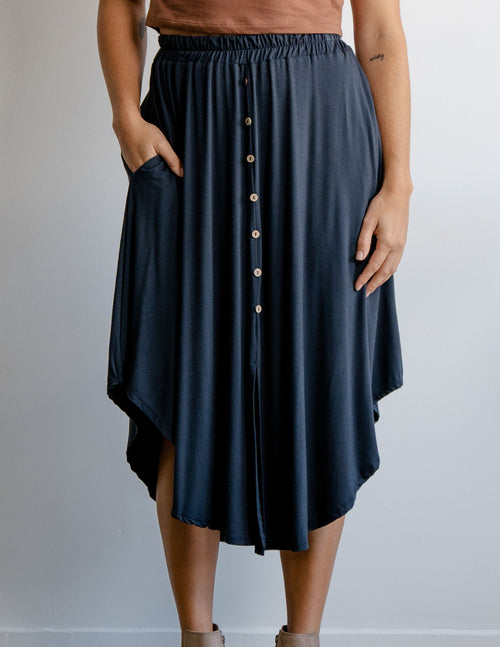

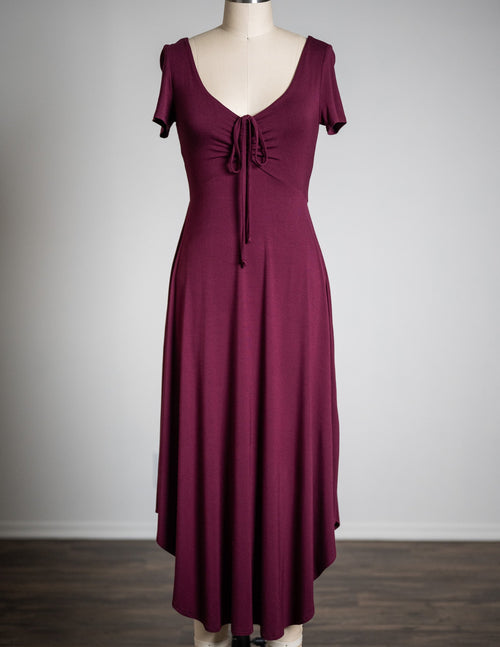
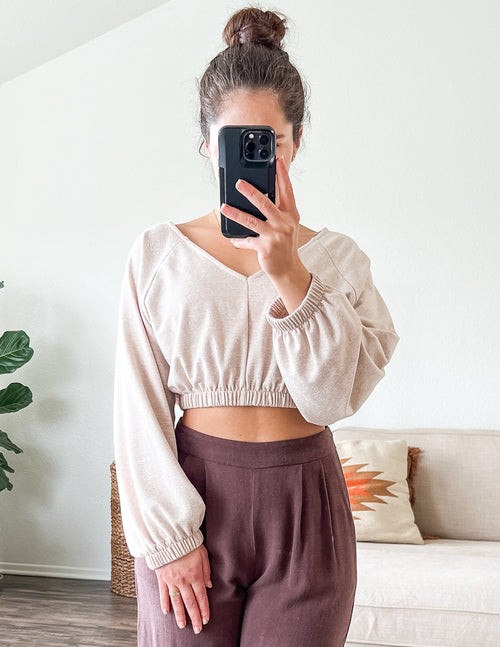
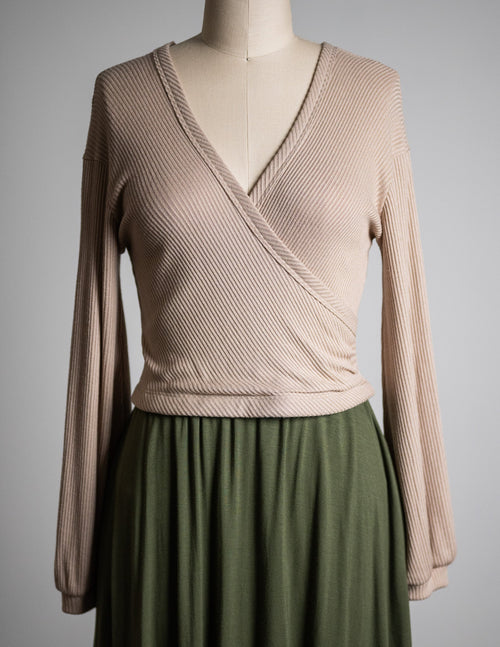


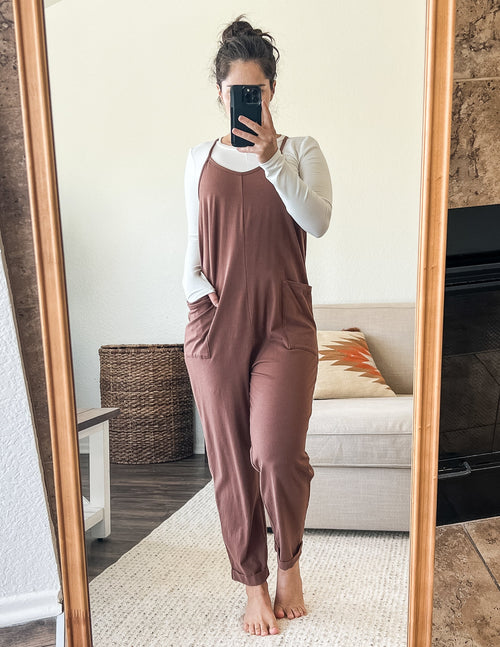
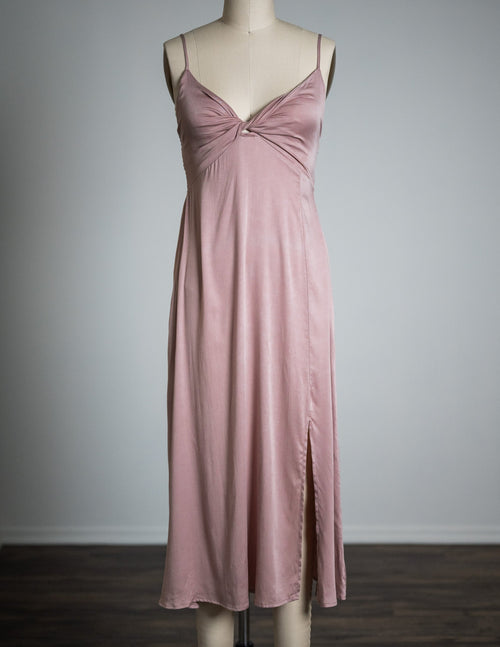











 TOP
TOP
